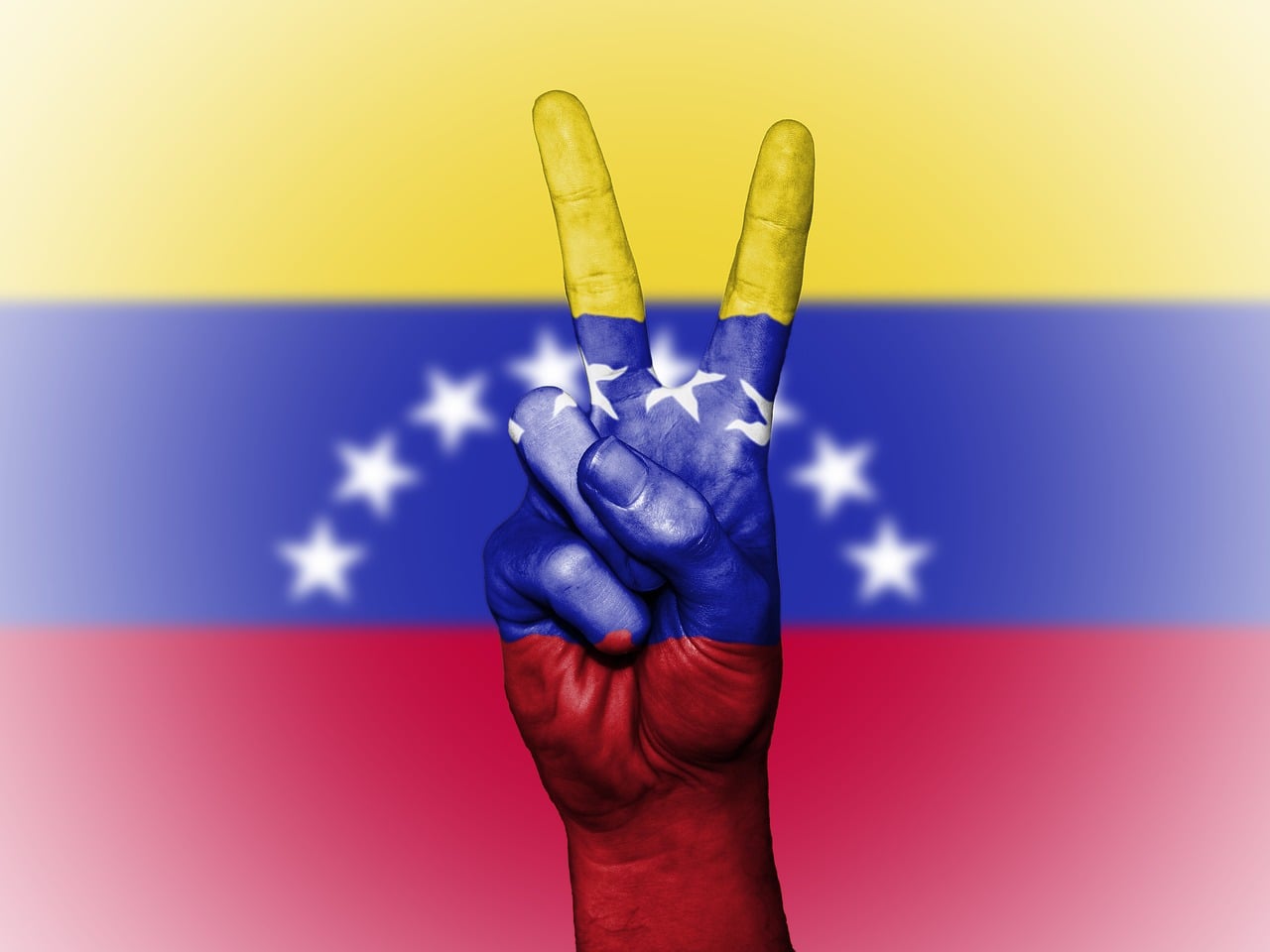National Security Adviser John Bolton’s so-called “troika of tyranny,” which includes Venezuela, Cuba and Nicaragua, continues to capture headlines as the civil unrest in all three countries comes to a head. Venezuela is especially in the spotlight right now as the crisis there deepens, but geopolitical analysts point out that the Trump administration cannot afford to ignore any of the three socialist regimes.
CNN argues that the U.S. may be essentially backing itself into a corner with Bolton’s dialogue about the troika. So far, sanctions have been Washington’s weapon of choice in the battle. However, the question now is how much worse the situation will get before a military response is required. Trump has threatened military intervention in Venezuela, but will it ever actually come to that?
Venezuela and Cuba at the forefront
The U.S. is being put to the test right now as the violence and chaos in Venezuela reaches new heights. The U.S. and over 50 other countries have recognized Juan Guaido as interim president in the country, but the fight to oust Nicolas Maduro is far from over. Guaido called for the biggest street protest in the country ever on Wednesday, but The Economist notes that all the demonstrations and economic sanctions have done little to bring an end to the violence. Thousands of people took to the streets this week, resulting in dozens of injuries, according to NBC News, but there is no end to the chaos in sight.
Trump has also been threatening further sanctions against Cuba for its alleged role in the Venezuelan crisis. This week he warned about a “full and complete embargo” on Havana if Cuban troops do not withdraw from Venezuela, Fox News reported.
Bolton blamed Cuban troops for keeping Maduro in power and reiterated Trump’s threat of using every option, which presumably includes a U.S. military response. According to Reuters, Cuba dubbed Bolton a “pathological liar” today for alleging that Havana’s troops are responsible for keeping Maduro in power. Havana claims it has no troops in Venezuela.
Meanwhile, the violence continues with no sign that an end is in sight, leaving some to question whether sanctions will be enough to unseat Maduro.
Nicaragua an “afterthought” in the troika of tyranny
Headlines about Nicaragua’s role in Bolton’s troika of tyranny have taken a backseat to the turmoil in Venezuela. In a post for the American Enterprise Institute, Ryan C. Berg even argued that Nicaragua is “the afterthought in Bolton’s ‘troika of tyranny.'”
It’s been over a year since the civil unrest in Nicaragua broke out. The government’s regime killed almost 600 protesters and put another 900 of them in jail. Berg notes that the core idea behind the troika of tyranny is that the socialist regime in Cuba is overflowing into Venezuela and Nicaragua. Havana’s involvement in Managua dates back to the 1960s, he added, although a sense of economic dependence never developed between them like it did between Cuba and Venezuela. Managua lacks the resources Caracas has, namely, its oil.
In attempt to push for a regime change in Nicaragua, the Trump administration has imposed sanctions on President Daniel Ortega and a number of people connected to President Daniel him, including his wife and vice president, Rosario Murillo. However, the U.S. stopped short of imposing Global Magnitsky Sanctions on Ortega. Berg argues that the U.S. should be unleashing a “torrent” of sanctions against him for his “gross human rights violations,” but instead, all he has seen so far has been “just a trickle.”
Berg believes the U.S. would make more progress in its attempt to unseat Ortega by going after the big businesses which have made peace with him so they can operate in the country. The U.S. does have leverage with those companies via tariff-free access to the U.S. market. He believes pressuring the businesses will help pull the Council for Private Enterprise into the fight against Ortega.
He also argues that even though Nicaragua will probably never be seen as the most important member of the so-called troika of tyranny, the Trump administration can’t forget about it because “Ortega is a wily political veteran who has demonstrated patience over the years.” By taking the fight from the political sphere to big business, the U.S. could convince parties which have significant influence over the country to join the fight.




